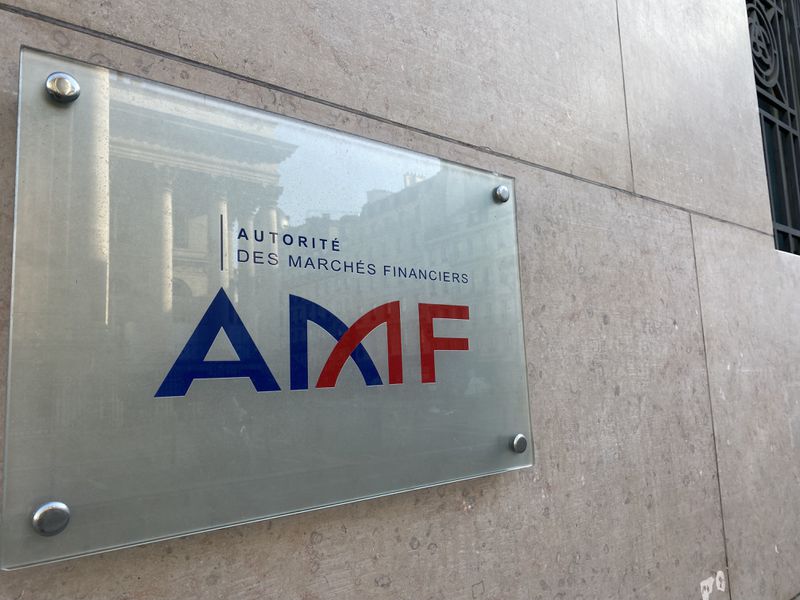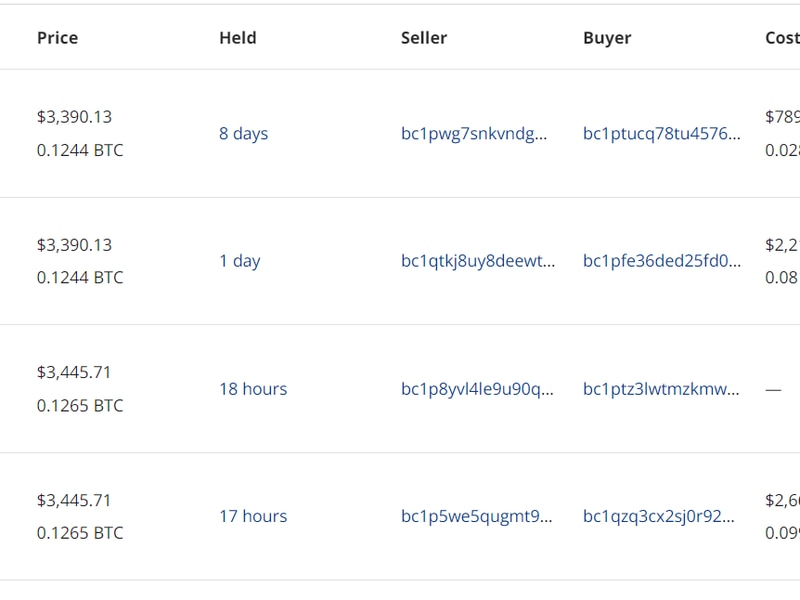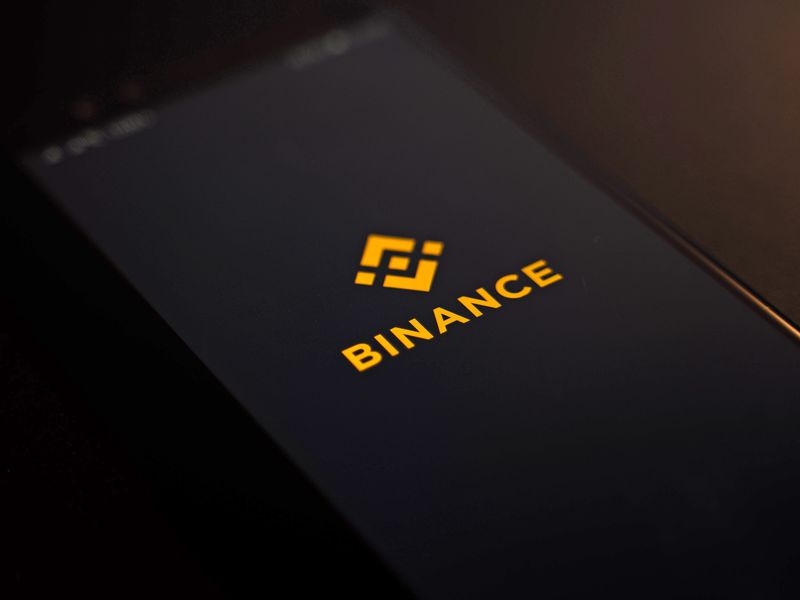New Libra Fork Will Create Permissionless Stablecoin Free of Corporate Control

Thirty different blockchain companies and nonprofit organizations plan to fork the Facebook-led Libra crypto project to build their own permissionless version, dubbed OpenLibra.
Announced at the Ethereum developer conference Devcon by Lucas Geiger, co-founder of blockchain infrastructure startup Wireline, OpenLibra will function as a stablecoin pegged to the actual Libra cryptocurrency. Libra is currently scheduled to go live late next year.
“We’re going to fork the code, fork the community and create a new cryptocurrency called OpenLibra,” said Geiger during his presentation at Devcon. “There is no token sale. No equity and no company behind this initiative.”
OpenLibra’s core team includes representatives from blockchain projects including Cosmos, Chainlink, Web3, Democracy Earth, among others, as well as non-profit organizations such as the Danish Red Cross.
Geiger explained that “a generous grant” from the Interchain Foundation would support OpenLibra research, alongside personal funds. The Interchain Foundation is a non-profit dedicated to supporting Cosmos network development.
“This covers our funding for several months but there are other grants coming in,” Geiger said.
Facebook first unveiled Libra in June, detailing a stablecoin that will be pegged to a basket of fiat currencies and government bonds.
So far, the OpenLibra project has published a permissionless version of the Libra virtual machine on GitHub. Unlike Facebook’s Libra, the code computations on OpenLibra, called “MoveMint,” will run atop Tendermint blockchain software specifically designed for use on public blockchain platforms such as Cosmos.
“Anything running on Facebook’s Libra, you can just drag and drop to OpenLibra. Finances will work the same. The code will work the same,” said Geiger to CoinDesk.
Geiger explained that he and others didn’t want “a cartel company with the ethics of Uber and censorship of Visa” to be the sole proprietors of the Libra coin. Still, Geiger said the idea for Libra and its technology was not only brilliant but “likely to become the currency of the Internet.”
Geiger summed up the sentiment, saying:
“In Libra we trust, in Facebook we don’t.”
Looking ahead, Geiger and the rest of the OpenLibra team plan to work on building a robust scheme to oversee the OpenLibra platform.
“This is a governance problem. Governments can attack Visa and Mastercard and Facebook from different angles and that makes for a fragile reserve currency,” Geiger said, adding:
“We have less regulatory exposure than Facebook. Governments have less leverage on us. … We gain strength by having more members that are decentralized not just geographically but politically and economically.”
Lucas Geiger image via Christine Kim for CoinDesk










